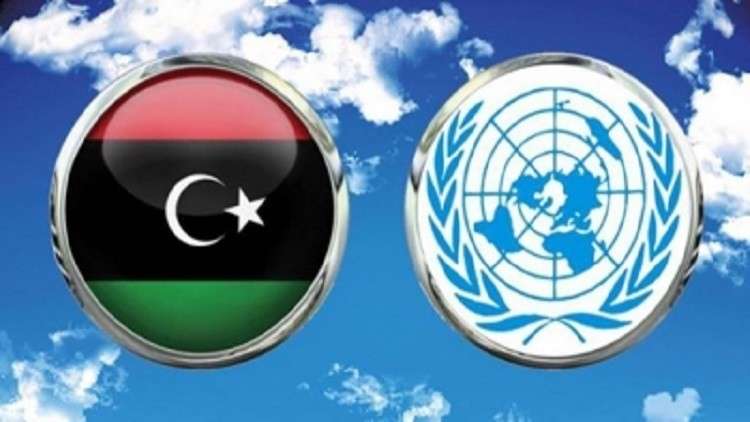Security Council reaffirms its strong commitment to an inclusive political process in Libya.
Pulbished on:
Tripoli, February 28, 2024 (Lana) The members of the Security Council (SC) reaffirmed their strong commitment to an inclusive, Libyan-led, and Libyan-owned political process facilitated by the UN, which builds on the updated electoral laws agreed by the 6+6 Committee and will enable the holding of free, fair, transparent, and inclusive national presidential and parliamentary elections across Libya as soon as possible.
In a statement issued by the members of the SC yesterday, they reiterated their strong support for the Special Representative of the Secretary-General for Libya and Head of the United Nations Support Mission in Libya (UNSMIL), Abdoulaye Bathily, in particular his mediation and good-offices role to further an inclusive political process, in line with relevant SC resolutions, and building on the Libyan Political Agreement and the Libyan Political Dialogue Forum (LPDF) Roadmap, as well as updated electoral laws agreed by the 6+6 Committee.
The members of the SC called upon the international community to fully support Bathily and UNSMIL in the implementation of their mandate, reiterating their support for Bathily’s efforts to convene the Libyan institutional stakeholders, in reference to the five-party table meeting to which Bathily called on the President of the Presidential Council, Muhammad Al-Menfi, the head of the Government of National Unity, Abdul Hamid Al-Dabaiba, the Speaker of the House of Representatives, Ageela Saleh, and the head of the High Council of State, Muhammad Takala.
The statement stated that the member’s support for his meeting was an aim to support progress towards the holding of free, fair, transparent, and inclusive national presidential and parliamentary elections across Libya as soon as possible, including by ensuring the full, equal, meaningful, and safe participation of women at all levels.
The members of the Security Council called on all the key stakeholders to engage fully with Bathily in good faith and without preconditions and make the compromises necessary to move the country forward towards elections, stressing the importance of making concrete progress on the security, economic, political, and international humanitarian law and human rights tracks and the importance of providing a safe environment for civil society organizations to work freely and to protect them from threats and reprisals.
The members recalled that individuals or entities who threaten the peace, stability, or security of Libya or obstruct or undermine the successful completion of its political transition, including by obstructing or undermining the elections, may be designated under Security Council sanctions.
The members underlined the importance of an inclusive reconciliation process based on the principles of transitional justice and accountability and welcomed the efforts of the Presidential Council to launch the national reconciliation process with the support of the African Union, including facilitating the National Reconciliation Conference scheduled to be held on April 28 in Sirte.
The members of the SC reiterated their strong support for Libya’s sovereignty, independence, territorial integrity, and national unity and reiterated their call for the withdrawal of all foreign forces, foreign fighters, and mercenaries from Libya without delay, in line with the provisions of the October 23, 2020 ceasefire agreement and SC resolutions 2701 (2023) and 2702 (2023).
They expressed concerns in light of rising tensions in Libya, including the proliferation of armed militias, and recalled that the successful completion of Libya’s political transition offers the best chance to create peace, stability, and security for the Libyan people.
=Lana=




